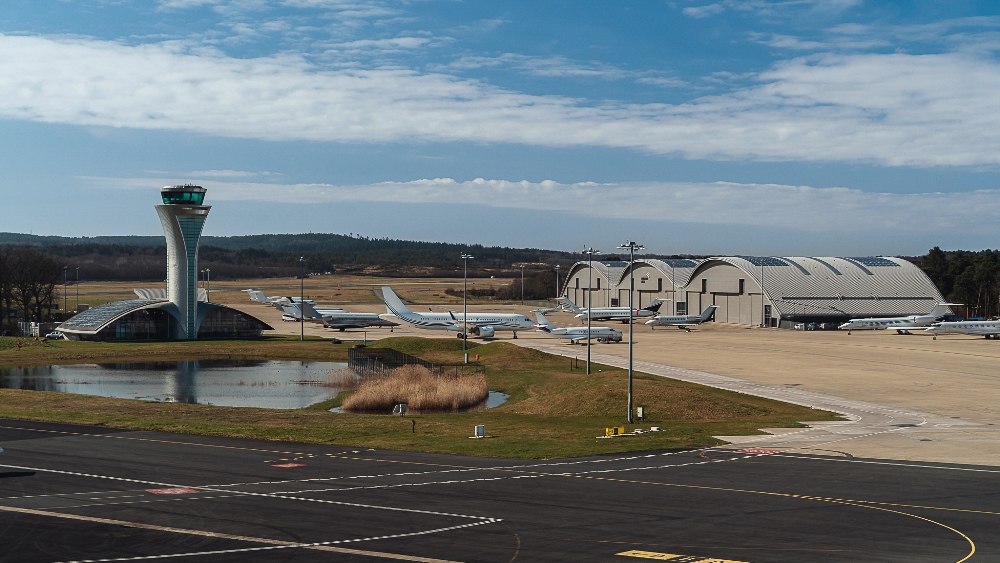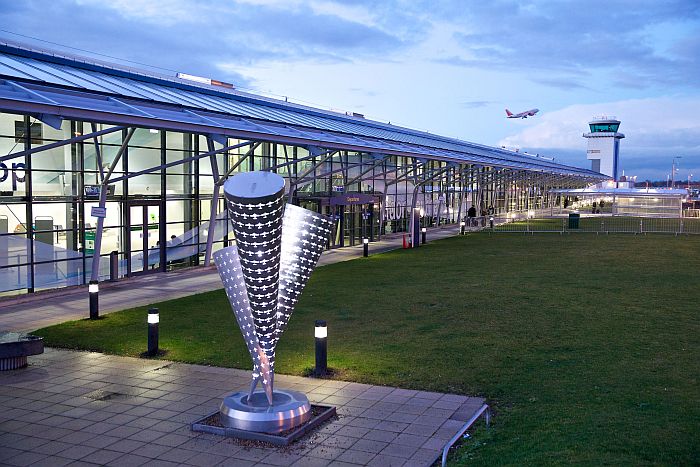Virgin Atlantic and LanzaTech partner to produce jet fuel from waste gases
The breakthrough towards developing commercially viable low carbon fuel is the result of a partnership between Virgin Atlantic and LanzaTech. Since 2011 they have been committed to producing the world’s first jet fuel derived from waste industrial gases from steel mills via a fermentation process.
The Lanzanol was produced in China at the RSB (Roundtable of Sustainable Biomaterials) certified Shougang demonstration facility. The innovative alcohol-to-jet (AtJ) process was developed in collaboration with Pacific Northwest National Lab (PNNL) with support from the US Department of Energy (DOE) and with the help of funding from HSBC.
LanzaTech and Virgin Atlantic are now set to continue to work with Boeing and a host of industry colleagues to complete the additional testing aircraft and engine manufacturers require before approving the fuel for first use in a commercial aircraft. Assuming all initial approvals are achieved, the innovative LanzaTech jet fuel could be used in a first of its kind proving flight in 2017.
Following a successful ‘proving flight’ the data collected will enable the partnership to seek approval to use the fuel on routine commercial flights. This would also help pave the way for LanzaTech to fund and build their first commercial jet fuel plant to supply fuel to Virgin Atlantic and other airlines. As a UK based partnership it is hoped the first LanzaTech jet fuel plant would be based in the UK.

Sir Richard Branson (above) said: “This is a real game changer for aviation and could significantly reduce the industry’s reliance on oil within our lifetime. Virgin Atlantic was the first commercial airline to test a bio-fuel flight and continues to be a leader in sustainable aviation.
“We chose to partner with LanzaTech because of its impressive sustainability profile and the commercial potential of the jet fuel. Our understanding of low carbon fuels has developed rapidly over the last decade, and we are closer than ever before to bringing a sustainable product to the market for commercial use by Virgin Atlantic and other global airlines.”
Dr Jennifer Holmgren, Chief Executive of LanzaTech, said: “We can now truly imagine a world where a steel mill can not only produce the steel for the components of the plane but also recycle its gases to produce the fuel that powers the aircraft. This program illustrates that such breakthroughs are only possible through collaboration. In this case, it is governments (US DOE, FAA, DARPA), laboratories (PNNL, AFRL, SWRI, MTU, UDRI), NGOs (RSB) and industry (Virgin, HSBC, Boeing, Shougang, Airlines for America) coming together to disrupt our current global carbon trajectory.
“We look forward to working with colleagues past, present and future to make this pioneering new fuel a commercial reality."
Antonio Simoes, CEO of HSBC Bank plc, said: “We are proud to have provided support and funding to allow production of this innovative new fuel to move from sample size to small demo scale. This breakthrough is testament to what can be achieved when different industries work together to address climate change and support the shift to a low-carbon economy.”
Julie-Ann Felgar, Managing Director of Environmental Strategy at Boeing Commercial Airplanes said: “Boeing is proud to work with Virgin Atlantic and LanzaTech to further expand the use of sustainable alternative aviation fuel. Our work with Virgin Atlantic over many years to move the needle on identifying technologies and partnerships, such as this effort with LanzaTech, reflects the innovative spirit and deep commitment of our industry to reduce our CO2 footprint.”
Responding to Virgin Atlantic’s announcement on using waste gases to produce jet fuel, James Beard, Climate and Aviation Specialist at WWF-UK commented: “Decarbonisation of heavy industry and aviation will be difficult, which makes converting industrial waste gases into low-carbon jet fuel a fascinating prospect. All airlines should pursue the development of genuinely sustainable, low-carbon fuels that are certified to minimise indirect land use change. UN aviation agency ICAO – meeting later this month in Montreal – needs to incentivise investment in sustainable solutions through the setting of global sustainability criteria for low-carbon aviation fuels, credited towards its climate goals.”











